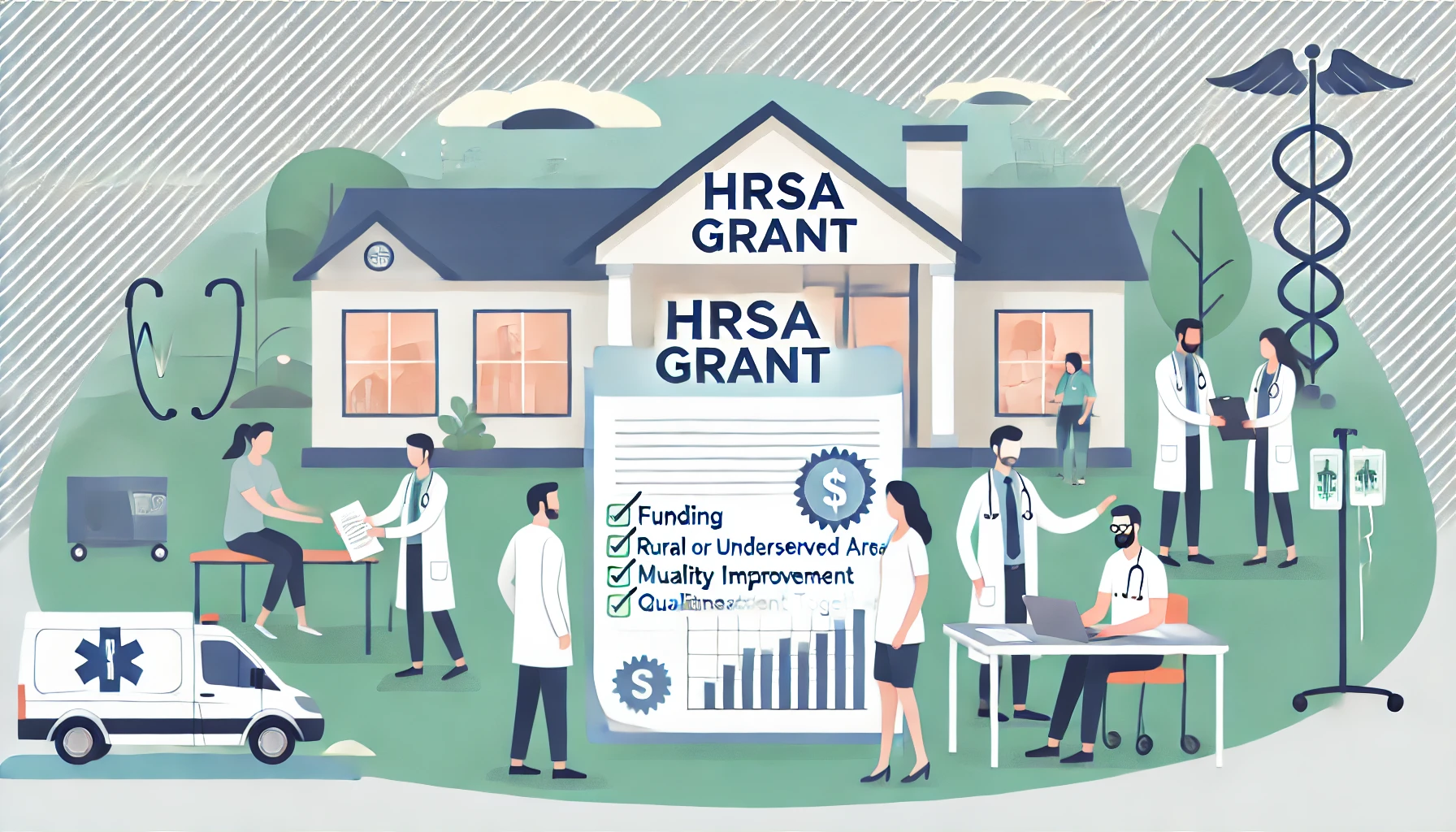
Table of Contents

OpenAI's Stargate project: $100B Microsoft partnership for massive AI infrastructure, promising unprecedented computational power for next-gen AI development.
OpenAI's Stargate project: $100B Microsoft partnership for massive AI infrastructure, promising unprecedented computational power for next-gen AI development.
OpenAI's Stargate: A Massive AI Infrastructure Project Redefining Tech Boundaries
In a groundbreaking development that's sending ripples through the tech industry, OpenAI's reported "Stargate" project represents a potentially transformative leap in artificial intelligence infrastructure. Let's unpack the implications of this exclusive partnership and what it could mean for the future of AI technology.
The Stargate Project: An Unprecedented AI Investment
According to reports from the Financial Times, OpenAI is negotiating a massive infrastructure project with Microsoft that could reshape the landscape of AI computing. The key details include:
- Estimated Investment: Potentially up to $100 billion
- Infrastructure Scale: A dedicated data center complex designed exclusively for OpenAI's computational needs
- Technology Focus: Advanced AI model training and deployment
Breaking Down the Strategic Implications
While the scale of investment is remarkable, the project raises critical questions about the concentration of AI development power. By creating a dedicated infrastructure, OpenAI and Microsoft are signaling their commitment to pushing the boundaries of artificial intelligence beyond current limitations.
The AI Infrastructure Challenge
One of the most significant challenges in advanced AI development is computational capacity. Large language models like GPT require immense processing power, and traditional infrastructure struggles to meet these demands. The Stargate project represents a potential solution to this critical bottleneck.
Potential Benefits of Dedicated AI Infrastructure
- Enhanced Processing Speed: Dramatically reduced training and inference times
- Improved Model Complexity: Ability to develop more sophisticated AI models
- Increased Computational Efficiency: Optimized energy and resource utilization
Independent Perspective: The Need for Verification
At Medplace, we understand the importance of independent verification and review, even in cutting-edge technological developments. Just as our platform provides independent medical peer review to ensure quality and compliance, the AI industry would benefit from transparent, third-party assessments of such massive infrastructure projects.
Potential Concerns and Considerations
While the Stargate project is exciting, several critical questions emerge:
- How will this concentrated infrastructure impact AI competition?
- What are the ethical implications of such massive computational power?
- Can other AI companies compete with this level of investment?
Industry Reactions and Speculation
Tech experts and industry analysts have been quick to weigh in on the potential implications. Some view the project as a necessary evolution in AI infrastructure, while others express concern about market concentration.
"This isn't just about building another data center; it's about creating a computational ecosystem designed specifically for next-generation AI development." - Anonymous Tech Analyst
The Broader Context of AI Infrastructure
The Stargate project reflects a broader trend of massive investments in AI computational capabilities. Companies like Google, Amazon, and others are also making significant infrastructure investments, signaling the strategic importance of robust AI computing environments.
Looking Forward: What This Means for AI Development
If successfully implemented, the Stargate project could accelerate AI capabilities in unprecedented ways. The dedicated infrastructure might enable more complex models, faster training cycles, and potentially breakthrough innovations that were previously constrained by computational limitations.
A Balanced Perspective
While the potential is exciting, it's crucial to maintain a balanced view. Technological advancement must be accompanied by robust ethical frameworks, transparency, and a commitment to responsible innovation.
Conclusion: A New Frontier in AI Infrastructure
OpenAI's Stargate project represents more than just a technological investment—it's a bold statement about the future of artificial intelligence. As the landscape continues to evolve, independent review, verification, and ethical considerations will be paramount.
At Medplace, we recognize the importance of independent, expert review across various domains. Just as we provide critical peer review services in healthcare, the tech industry would benefit from similar approaches of verification and balanced assessment.

Why Every Hospital Needs a Quality and Patient Safety Program
Every hospital needs a quality and patient safety program to reduce harm, improve care, and foster a culture of accountability.
.png)
.png)

HRSA FQHC Requirements: A Comprehensive Guide for Healthcare Providers
When it comes to federally qualified health center requirements, there’s no shortage of regulations, expectations, and—depending on your perspective—opportunities.
.png)
.png)

Unlocking Funding: A Guide to Health Resources and Services Administration (HRSA) Grants
Use HRSA grants to fund external peer review programs that enhance care quality, reduce bias, and support compliance in health centers.
.png)
.png)



.png)
.png)
.png)






.png)